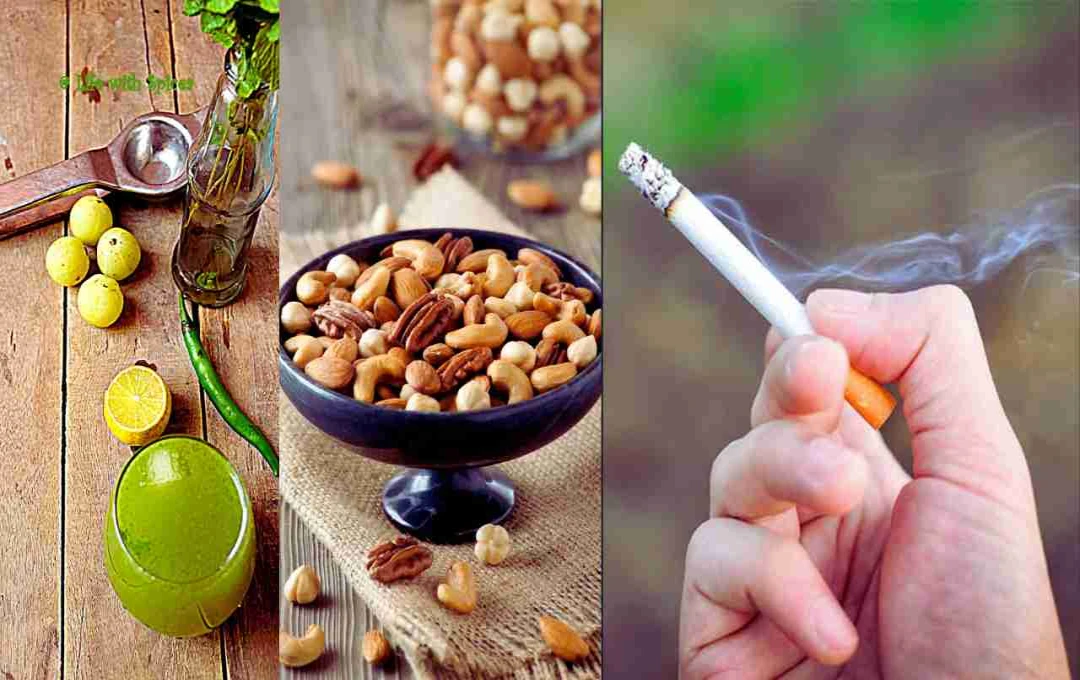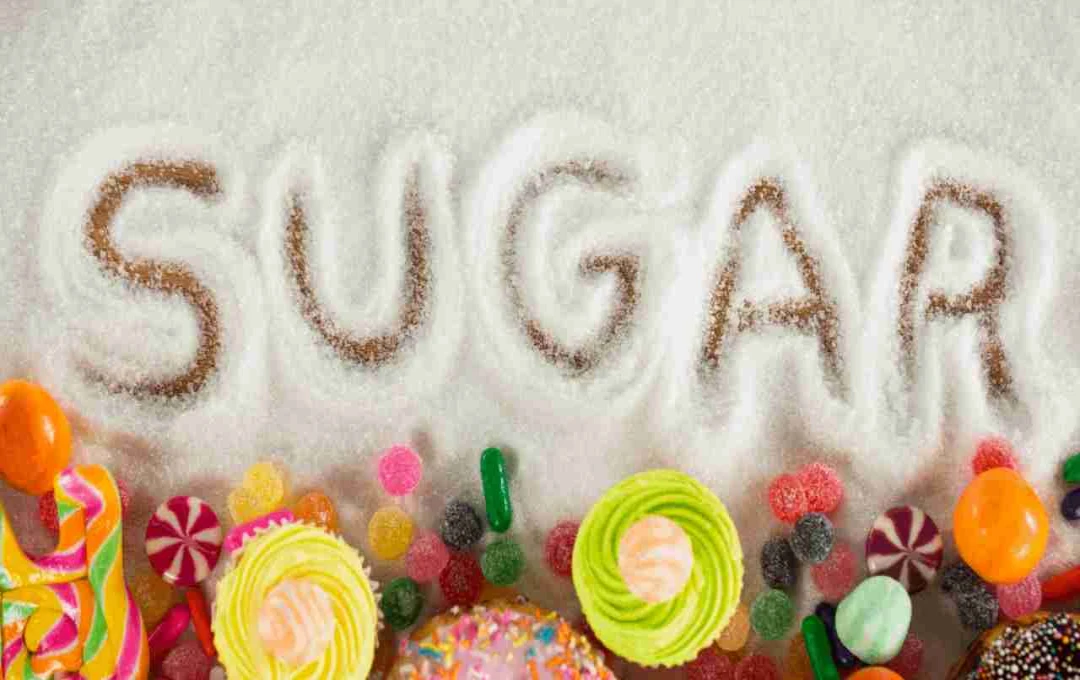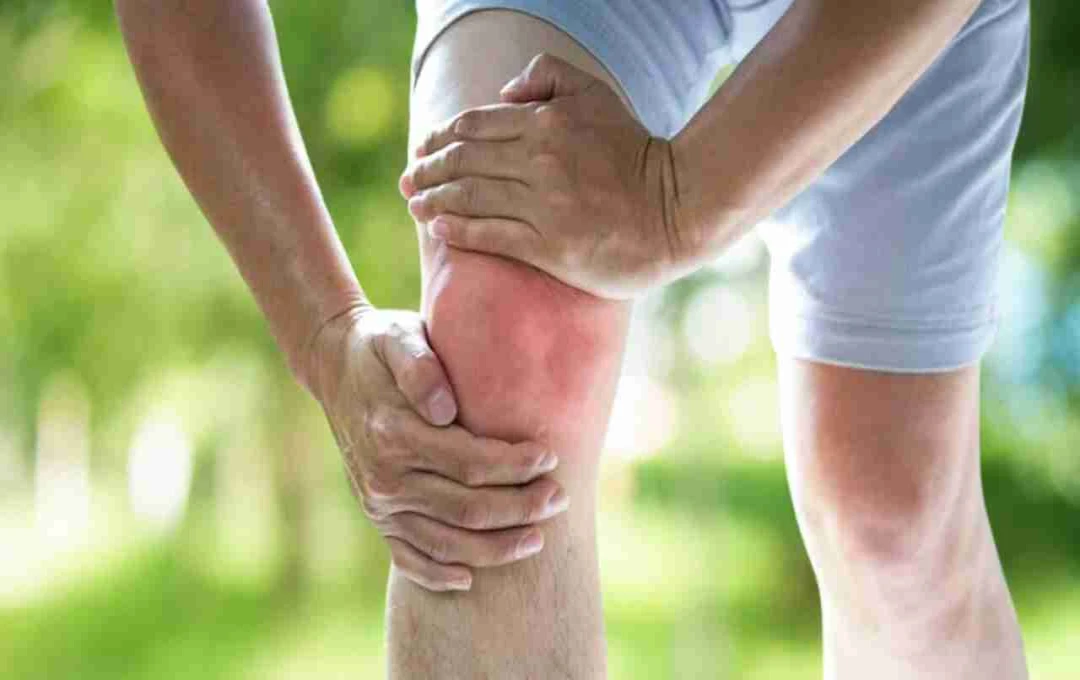Hypertension, or high blood pressure, has become a serious and dangerous disease in today's world. This condition arises when the pressure in our arteries becomes higher than normal. This forces the heart to work harder to pump blood, gradually damaging the heart and other vital organs. World Hypertension Day, as designated by the World Health Organization, emphasizes the crucial need for increased awareness of this disease, as neglecting timely detection and treatment can lead to severe consequences. This article will explore the causes, symptoms, and effective ways to manage hypertension.
What is Hypertension and Why is it Dangerous?
Hypertension means blood pressure exceeding the normal range. Normal blood pressure is approximately 120/80 mmHg, but consistently elevated pressure above 140/90 mmHg is considered high blood pressure. Increased pressure in blood vessels forces the heart to work harder to circulate blood throughout the body. This weakens the heart, and without timely treatment, can lead to serious conditions like heart attack, stroke, and kidney failure.
Hypertension is also called a 'silent killer' because it often progresses without noticeable symptoms, making it insidious. Its slow, gradual damage to various organs often goes undetected until serious complications arise.
Early Symptoms of Hypertension
Many early symptoms of hypertension are often overlooked. However, frequent, intense headaches should be taken seriously as they may indicate elevated blood pressure and increased pressure on the body.
Chest Pain and Heaviness: Chest pain or heaviness can be a significant symptom of hypertension. Increased blood pressure puts extra strain on the heart, causing this discomfort.

Difficulty Breathing: Difficulty breathing or shortness of breath is a common symptom of high blood pressure. This indicates a potential lack of oxygen in the body and heart weakness, requiring immediate attention.
Mental Fatigue and Stress: Excessive fatigue and persistent stress can also signal hypertension. Elevated blood pressure reduces energy levels and increases mental strain.
Other Serious Symptoms: Blurred vision, sudden weakness or dizziness, or difficulty speaking or hearing indicate a potentially serious situation, requiring immediate medical attention.
Causes of Hypertension
Hypertension, or high blood pressure, can stem from several factors. This condition gradually affects the body and can lead to severe consequences if not addressed promptly.
Obesity and Overweight: Increased weight and excess body fat increase pressure on blood flow. This forces the heart to work harder, raising blood pressure. Maintaining a healthy weight is crucial.
Family History of High Blood Pressure: A family history of high blood pressure significantly increases the risk. This is attributed to genetic factors. Individuals with such a family history should be especially vigilant about their health.
Poor Diet: Excessive consumption of junk food, fried foods (like pizza and burgers), and high-sodium diets are major contributors to high blood pressure. These foods constrict blood vessels, increasing blood pressure.
Smoking and Alcohol Consumption: Smoking and tobacco use constrict arteries, affecting blood flow and increasing blood pressure. Excessive alcohol consumption exacerbates this problem.
Stress and Irregular Lifestyle: The fast-paced, stressful modern lifestyle, coupled with sleep deprivation, contributes to hypertension. Constant stress and irregular routines cause hormonal imbalances, raising blood pressure.
Diabetes, Kidney Disease, and Pregnancy: Diabetes and kidney disease can also cause high blood pressure. Preeclampsia, a condition causing high blood pressure during pregnancy, requires careful medical supervision.
Home Remedies and Ayurvedic Approaches for Hypertension Prevention
Lifestyle changes and a healthy diet are essential for managing hypertension. The following remedies can be helpful:

- Regular Exercise: Daily exercise (at least 20-25 minutes) strengthens the heart and helps control blood pressure. Yoga and meditation reduce stress, aiding in hypertension prevention.
- Balanced and Nutritious Diet: Include whole grains, fresh fruits, and green vegetables in your diet. Avoid junk food, fried foods, and excessive salt, as these raise blood pressure. A healthy diet supports heart health.
- Consume Nuts: Eating 4-5 almonds and 4 walnuts daily helps control blood pressure. These nuts are beneficial for heart health and provide essential nutrients.
- Change Cooking Oil: Use soybean or olive oil instead of mustard oil for cooking. These oils improve blood circulation and help control blood pressure.
- Increase Fresh Salad Consumption: Include onions, tomatoes, cucumbers, carrots, radishes, and cabbage in your salads. These vegetables have a cooling effect and help cleanse the blood.
- Avoid Smoking and Processed Foods: Smoking is a major cause of increased blood pressure and should be avoided. Limit processed foods like sauces, pickles, and condiments, as they harm blood pressure.
- Use Amla, Garlic, Lemon Water, and Bitter Gourd: Daily consumption of amla juice and raw garlic helps control blood pressure. Drinking lemon water once a day is also beneficial. Bitter gourd, as a vegetable or juice, helps reduce high blood pressure.
Precautions and Treatment for Hypertension
Ignoring hypertension is extremely dangerous. Regular blood pressure checks are essential. If your blood pressure is consistently elevated, consult a doctor immediately and follow their advice regarding medication. Improving your lifestyle through diet, exercise, and home remedies is also crucial. These factors work together to control hypertension.
Hypertension patients should avoid stress and get adequate sleep to allow the body to rest properly. Staying hydrated by drinking enough water is also important. Avoid excessive alcohol and caffeine (tea, coffee, energy drinks) as they can raise blood pressure. Following these precautions can improve your health and prevent serious complications from hypertension.












